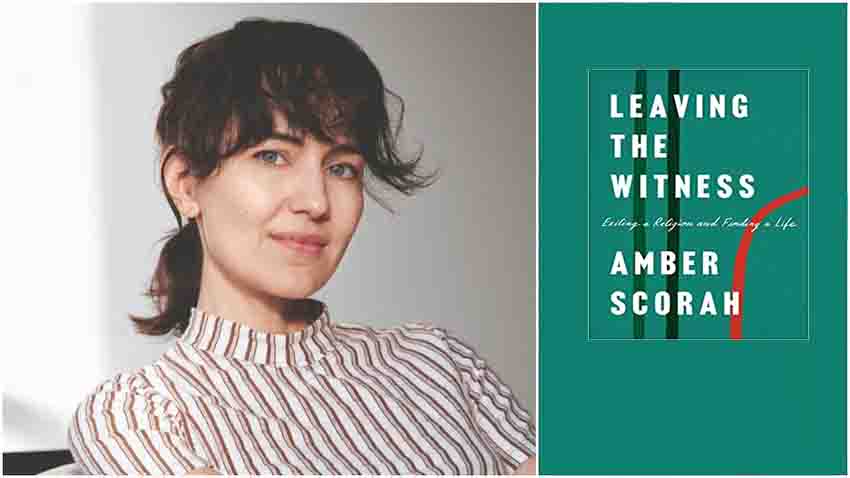Amber Scorah’s “Leaving The Witness”
A good writer can hook and hold you from start to finish with a well-told story, which is definitely how to describe Amber Scorah’s new book, Leaving The Witness. However, it is much more than that, too. Amber’s memoir is both a heart-wrenching recollection and a riveting educational experience about the workings of institutionalized undue influence and the crisis one faces in even thinking about breaking free from a high-control religious group. In her case, this was a group whose eight million members, her friends and family included, hold their beliefs with absolute and exclusive certainty.
Amber articulates her past with generous clarity, and Leaving The Witness offers a smorgasbord of goodies for anyone searching for personal truth. Just a few of the poignant snippets from her transformational experience read as follows:
“It’s not the kind of religion that lets you walk away, because the people in it think that by walking away, you have lost your mind and interventions will bring you to your senses.”
“I was afraid of the book, Crisis of Conscience. To me … an alive thing, that its pages would creep out of the cover and slice me up, then throw me out onto the street, worldly and alone.”
“I had performed mental contortionism to reconcile the irreconcilable so that I could feel comfortable. I had been ‘in the truth’ because I was afraid of the truth.”
“Curiosity is a bad quality for the preacher. You preach because you are sure. You preach to people who don’t need to hear it, because possibly you are the one who needs to be saved.”

Amber Scorah
Amber summarizes her successful search for personal autonomy in the last paragraph of her memoir, penning an epiphany that Mark Twain would have championed for its content and style. It is one of those gems you can look forward to reading again and again, a parting gift to readers as the culmination of what will be a cherished account for others who have left similar environments and those who care about them.

